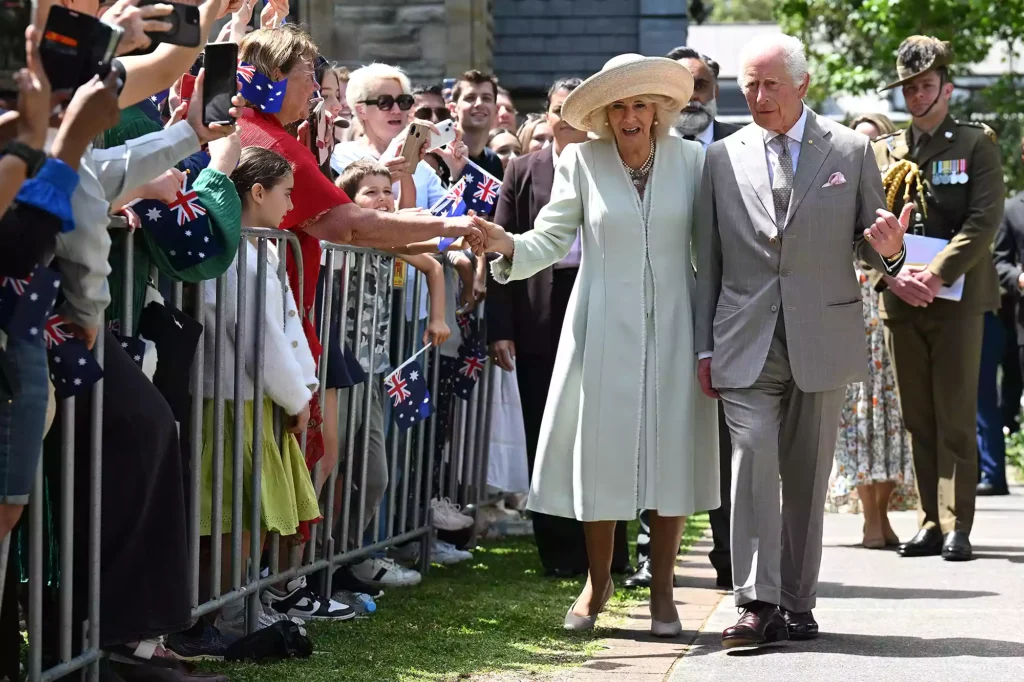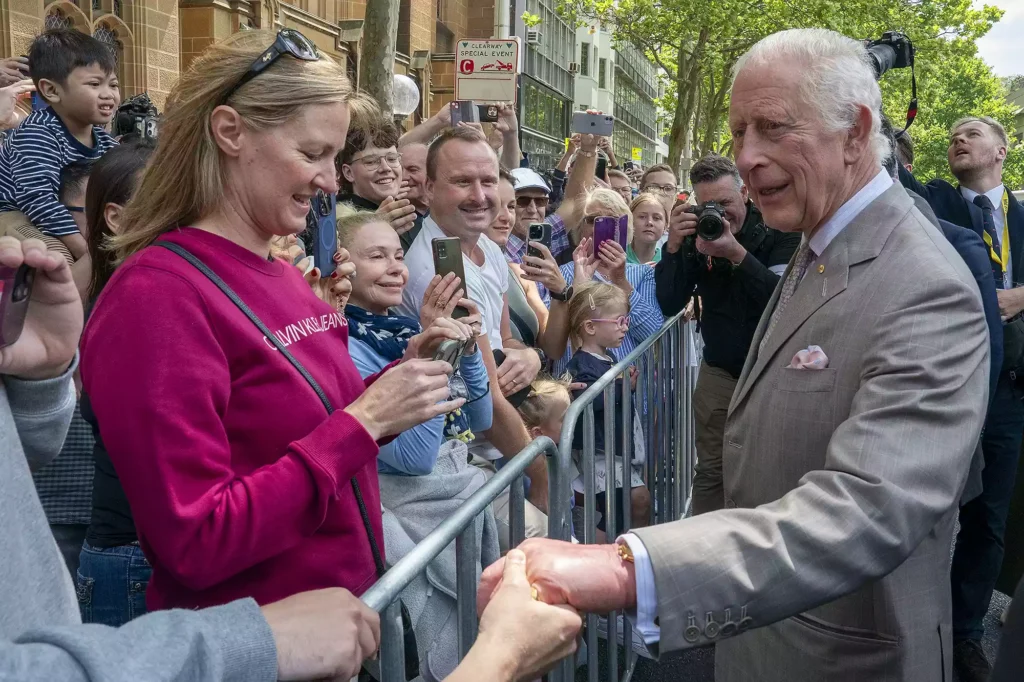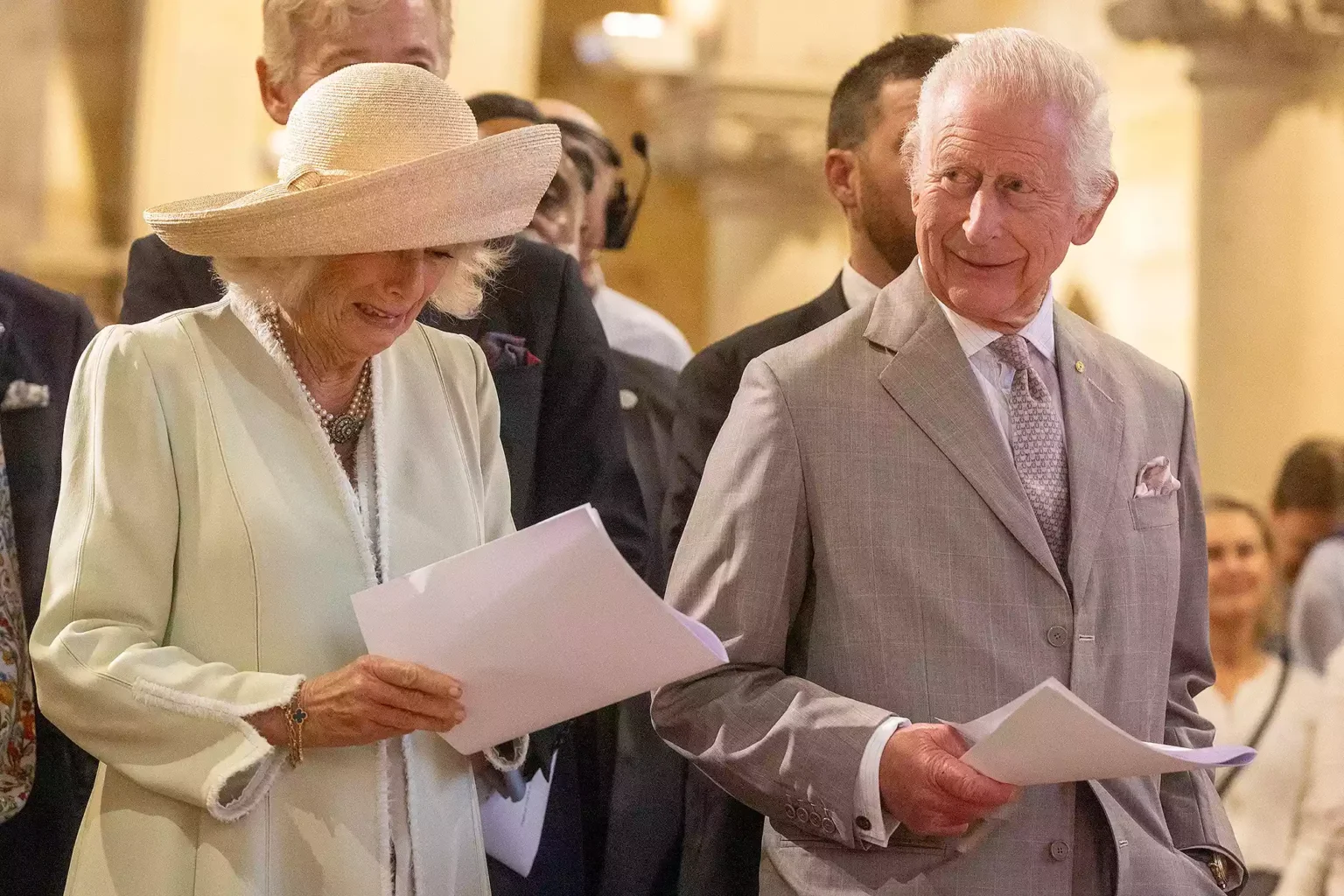King Charles III’s recent visit to Australia has been celebrated as a major success, with overwhelming public support despite a few moments of opposition. Crowds gathered in significant numbers throughout the monarch’s tour, indicating that the royal family’s popularity remains high in the country, despite growing republican sentiments.
Former Good Morning Britain host Piers Morgan reflected on the positive reception in his column for The Sun. He noted that the Australian public warmly embraced the King and Queen Camilla during their tour, particularly on their final day at the iconic Sydney Opera House.

“The Australian people didn’t seem to get the memo about royal-bashing,” Morgan wrote, referencing the enthusiastic turnout. “In a stunning show of support, thousands came out in large numbers to greet King Charles and Queen Camilla, despite predictions of dwindling royal popularity.”
According to Morgan, over 10,000 people gathered at the Sydney Opera House under the bright Australian sun to welcome the royal couple. The turnout exceeded expectations and signaled that the monarchy still holds a special place in the hearts of many Australians.

“This was the first visit by a British monarch since the passing of Queen Elizabeth II, and many predicted that royal support would decline, especially in Commonwealth countries like Australia where republicanism has been gaining momentum in recent years,” Morgan observed. “But these joyous crowds proved those assumptions spectacularly wrong.”
While the tour was not without a few moments of heckling at Parliament, the overall sentiment was one of admiration and respect for the King and Queen. The tour has helped reaffirm the royal family’s enduring appeal in Australia, defying critics and showcasing the positive relationship between the monarchy and the Commonwealth nation.
This visit marked a significant moment in King Charles III’s reign, as it highlighted the ongoing connection between the British monarchy and Australia, despite the undercurrent of republicanism in recent political discourse.




